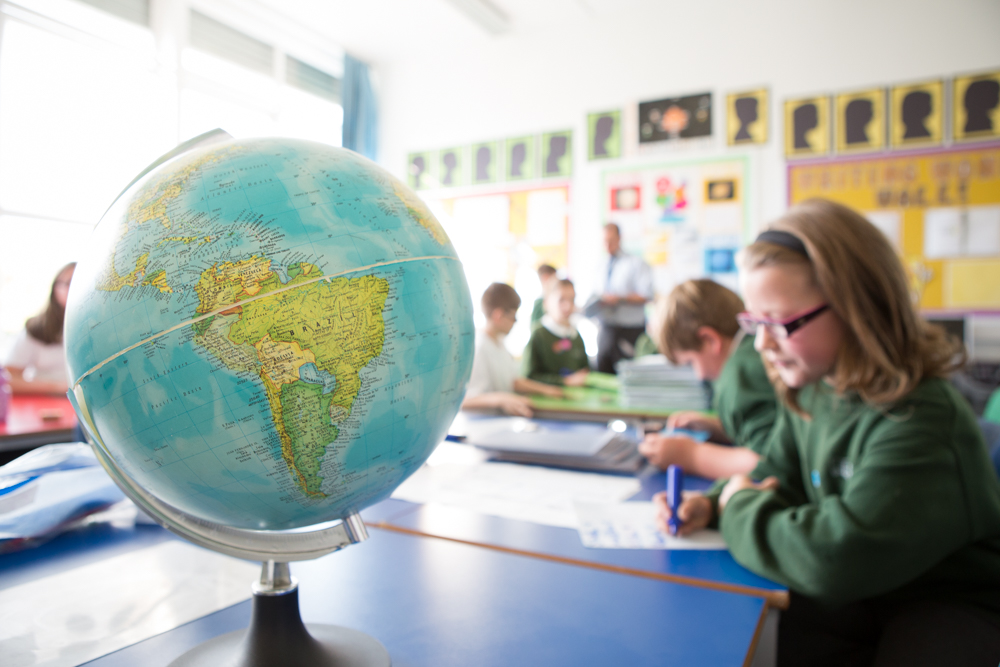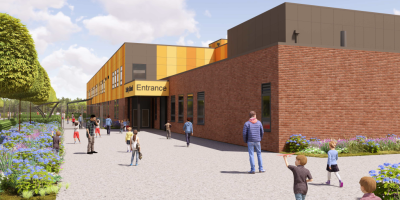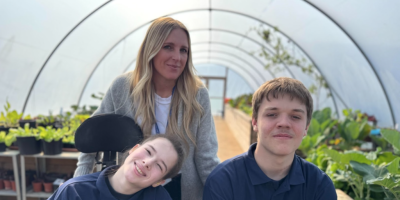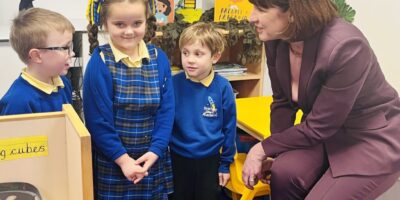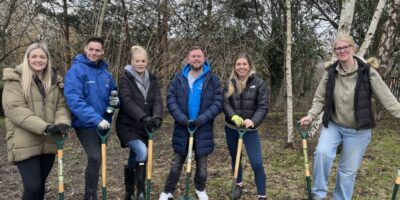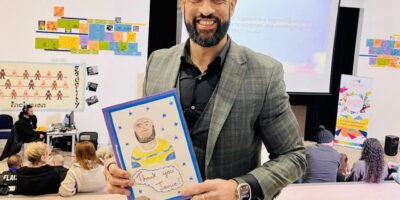By Jack Winterburn
In September 2023, Ofsted research and analysis published their subject report on Geography in schools.
Key findings
Since Ofsted’s previous subject report, a noticeable improvement in curriculum planning has taken place. Knowledge and skills are now better sequenced to enable students to build their learning.
Yet in secondary schools, content was often taught as laid out in the exam specification, making it difficult for students to make connections.
In early years, there has been a development in students’ geographic knowledge. However, in primary schools, geography is often being lost in cross-curricular ‘topic’ approaches. In secondary schools, the report noted that geography at Key Stage 3 often lacked challenge or was not subject specific.
Furthermore, the opportunities for developing fieldwork skills are still lacking across key stages.
Recommendations
Several recommendations to ensure high-quality geography education from the report can be summarised as follows:
- Ensure the curriculum is sequenced at all key stages enabling the effective transition into new content
- Consider the prior knowledge needed to access more complex ideas/concepts
- Consider how pupils will build knowledge over a series of topics and apply concepts to different scenarios
- Identify misconceptions and plan strategies to overcome them
- Teach fieldwork skills – collecting, presenting, analysing, and evaluating data
What can we learn from this?
As practitioners, we often overlook the importance of sequencing content and how building knowledge and skills is vital in developing our students into successful geographers.
Without consideration of the prior knowledge needed to access complex ideas, we are setting our students up to fail by expecting them to ‘run before they can walk’.
Taking time to reflect on what went well when teaching a topic and what felt more difficult can help us to sequence the content in a way which best supports our learners.
It also enables us to consider the misconceptions our students face, why they have them, and pre-empt similar misconceptions in the future.
We must also learn to take more risks. To some, the thought of leading fieldwork feels daunting. But a well-planned fieldwork session can allow students to gain invaluable experience that cannot be replicated in the classroom. As a geography network, we have discussed the importance of fieldwork and strategies to embed this in primary schools.
This report highlights that the teaching of geography is making progress in the right direction. As a trust, to further improve we must reflect on the learning experiences our students have and what we can do to make their learning journey more interconnected.

